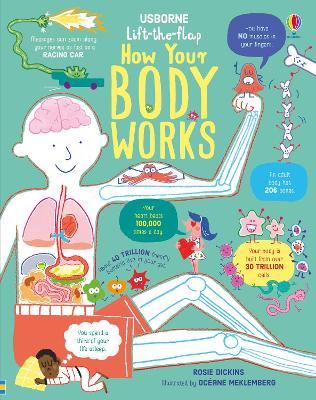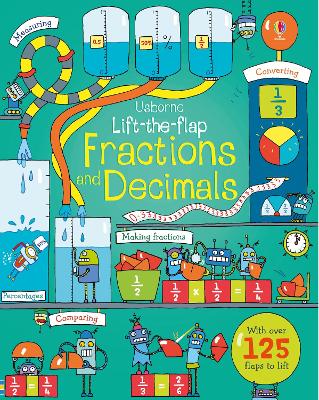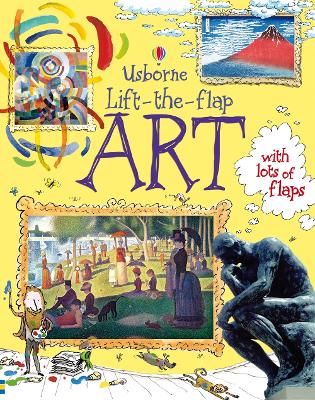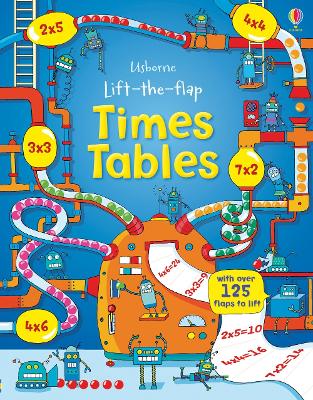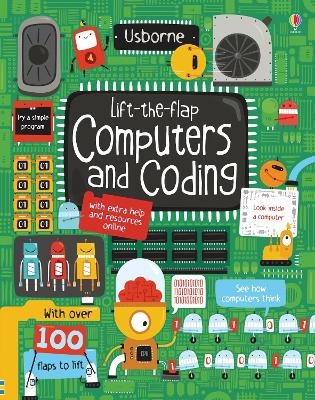Lift the Flap
5 total works
Lift the flaps to reveal what's inside a computer, how chips work and what really happens when you go on the internet, explained with the help of friendly robots. Fun puzzles and a treasure hunt game illustrate the basics of coding, from simple commands to repeating sets of instructions, with real examples in the coding language ScratchT. Includes internet links to specially selected websites where readers can discover even more coding ideas, tips and games.
Computer coding is a compulsory topic on the UK National Curriculum for primary schools, and children learn to create and debug simple programs at Key Stage 1.
